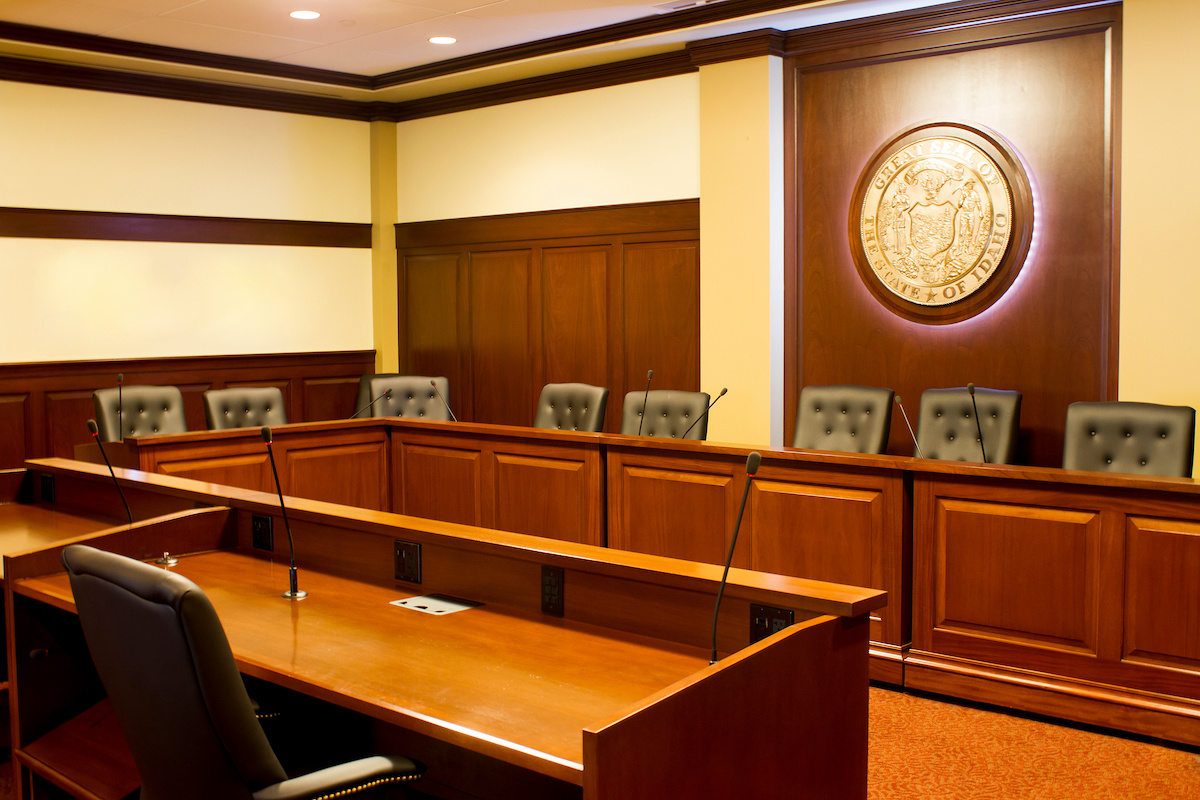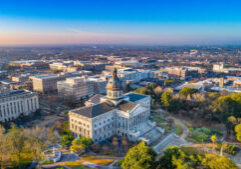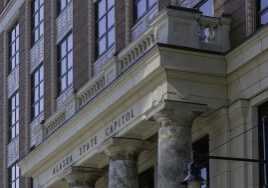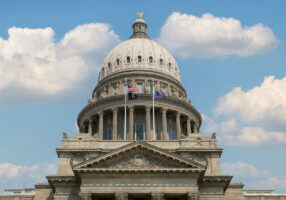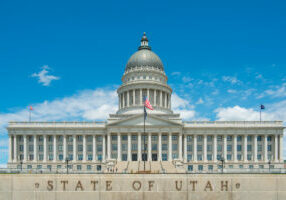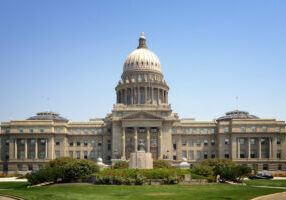Idaho Legislative Session Preview
The 2022 Idaho legislative session began on Monday, January 10, with Governor Brad Little using the State of the State address to lay out his legislative vision for 2022. Two circumstances will color this year’s session: a massive budget surplus and upcoming elections.
Thanks to federal COVID-19 relief funding and higher-than-anticipated revenue levels, legislators must determine how to spend a roughly $1.6 billion budget surplus. The surplus will likely lead some to promote legislative projects that send more money back to their districts. This may set the stage for a session fraught with friction as lawmakers try to demonstrate their value to voters ahead of the fall election season.
Graduate Medical Education Expansion
Lawmakers will address the state’s physician shortage by considering potential solutions like more significant funding for training programs. The Idaho State Board of Education and Idaho residency programs have requested $729,000 for the fifth year of the state’s 10-year Graduate Medical Education expansion plan. These new funds would add 14 residency positions at hospitals across the state – reimbursed at a prorated level so that the request will comply with Gov. Little’s 3.1% maximum increase.
General Funds Surplus
Sen. Carl Crabtree (R-Grangeville) and Rep. Caroline Troy (R-Genesee), vice-chairs of the Legislature’s joint budget committee, have said that deciding how to use the surplus general fund revenue will be their top priority in this session. The joint budget committee is expected to use excess funds for various priorities, including increasing state savings and funding for education, paying down debt, investing in long-term capital improvements like bridge repairs, or controlling property tax increases.
Affordable Housing
Idaho established the Housing Trust Fund in 1992 to support affordable housing programs but never allocated funding to it, leaving the account empty and thus unable to provide housing assistance. With Idaho home values skyrocketing – and Boise recently ranked as the nation’s most “overvalued” housing market — lawmakers must finally address constituents’ calls for help with affordable housing.
Gov. Little has urged lawmakers to designate resources for the Housing Trust Fund to reduce the strain on Idaho families, but exactly how much might eventually go to help families is up for debate.
Property Taxes
Almost all state lawmakers agree that the state property tax on homeowners costs families too much, and some lawmakers want to use the budget surplus to reduce tax rates. By contrast, others see the budget surplus as a once-in-a-generation opportunity to invest in critical programs such as infrastructure and education.
The state’s property tax system was revamped during last year’s session through HB 389, which capped local government increases in budgets, provided personal property tax breaks, and adjusted the property tax formula. However, legislative leaders and Gov. Little are looking to reduce the tax burden of homeownership this session, and lawmakers will again look for ways to balance the tax burdens on homeowners and business owners.
Universal Full-Day Kindergarten
Idaho is one of only nine states that does not require school districts to offer free kindergarten. Instead, the state’s kindergarten programs are currently funded by a patchwork of uneven revenue sources, resulting in a wide range of half-day and full-day programs available to Idaho families. The Idaho Board of Education and state superintendent will likely press lawmakers to use a portion of the budget surplus to make full-day kindergarten universally accessible statewide.

